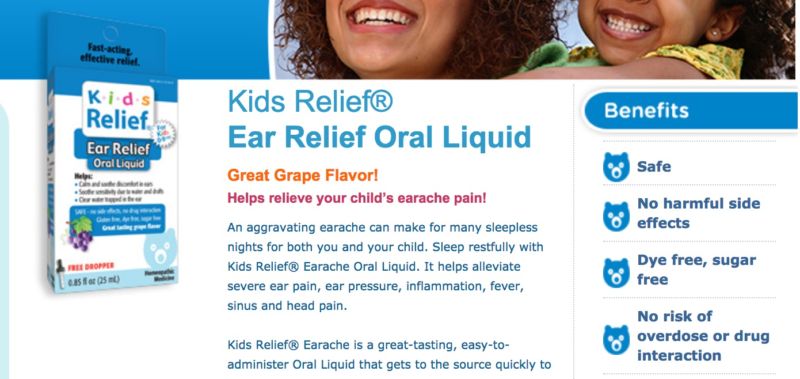
The Food and Drug Administration sent a sharp letter this month to a Canadian-based homeopathic pharmaceutical manufacturer named Homeolab USA. The letter warned of “significant violations” the agency found during a recent inspection and poor quality control of the company’s infant teething products that contain the deadly poison belladonna, aka deadly nightshade.
The letter, dated August 2 and posted on the agency’s website Wednesday, includes a lengthy list of quality and manufacturing process failures that render Homeolab’s products “adulterated,” the agency concluded. These include failing to test the quality of ingredients or ensuring consistent levels of belladonna in the products. Homeolab is just the latest homeopathic company slammed by the FDA for problems related to belladonna-containing products. For years, the agency has been investigating reports of infants having seizures, losing consciousness, and, in some cases, dying after using such products. The symptoms were all consistent with belladonna poisonings. Last September, the FDA warned consumers to avoid the homeopathic teething gels and tablets distributed by Hyland’s, CVS, and others.The agency found similar manufacturing and consistency problems with Hyland’s products as it did with Homeolab. Hyland's tried to fight the FDA, but it eventually recalled the products in April and stopped distributing them in the US.
In June, the FDA sent a warning letter to Raritan Pharmaceuticals for failing to ensure the quality of its homeopathic teething products, which were sold by CVS pharmacies. Back in November, Raritan had voluntarily recalled specific lots of three of its products—CVS Homeopathic Infants' Teething Tablet, Kids Relief Homeopathic Ear Relief Oral Liquid, and CVS Homeopathic Kids' Ear Relief Liquid. That was after the FDA found varying amounts of belladonna in the products.Now, Homeolab, which makes powder ingredient blends for Raritan, is feeling the heat. The agency said in its latest warning letter that those blends also “demonstrated non-homogeneous composition.” The agency did not mince words, writing:
“Your operators use... an inherently variable process, to... produce in-process powder blends, including those made from toxic ingredients. You did not test the in-process powder blends for adequacy of mixing to assure uniformity and homogeneity prior to release and shipment to your contract manufacturer, Raritan... [which used the powder blends] for finished drug products that you marketed for use in infants and children in the United States."
The agency found many problems and pitfalls in the methods Homeolab used to make its blends. After listing them, the agency suggested that Homeolab simply hire a consultant to help fix the situation.
The FDA also scolded Homeolab for trying to interfere with the inspection. According to the letter, a representative of Homeolab blocked an inspector from taking pictures of dirty equipment at the manufacturing facility—a big no-no.
In the end, the FDA requested that Homeolab create a “data-driven and scientifically sound program” for making its products. The agency also requested a risk assessment report for the low-quality products it had already distributed.
The company has 15 working days to respond to the letter.
Homeolab did not immediately respond to Ars’ request for comment.
reader comments
110